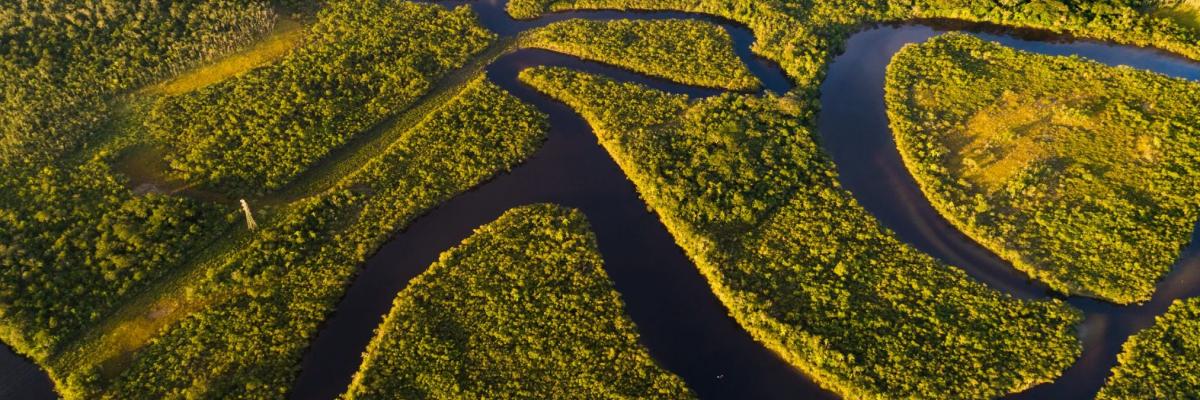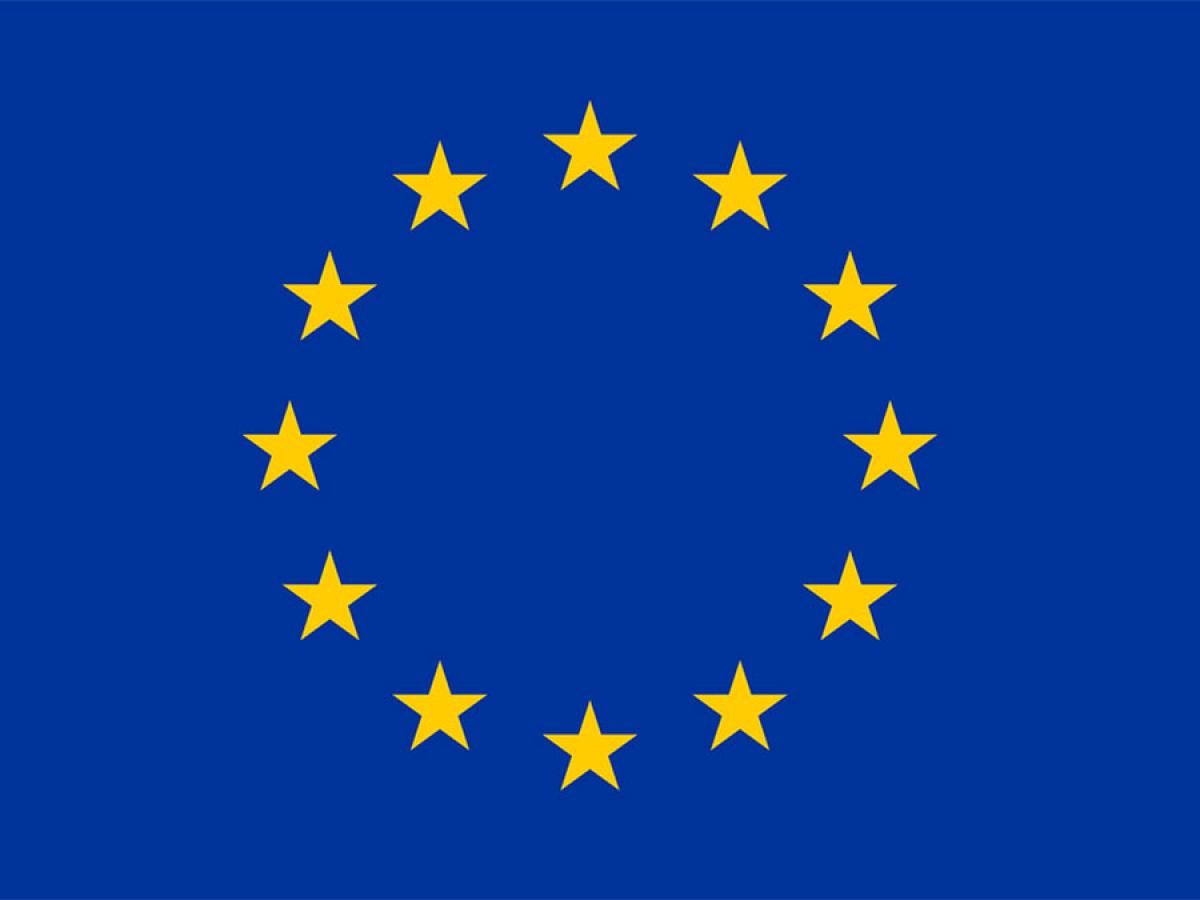Road to Belém Briefing No. 1: Critical Minerals for the Net-Zero Transition

This briefing sets the scene for COP30 by mapping concentrated mineral supply chains and the resulting risks, then outlining an Australia–EU pathway to secure resilient, high-integrity critical-mineral value chains aligned with climate goals.
Key highlights
- Transition demand. Minerals for batteries, wind, solar and grids have moved to the centre of COP30 debates as countries commit to tripling renewables and accelerating electrification.
- Concentration risk. The top producers dominate extraction and especially processing; concentration has intensified, heightening systemic vulnerability.
- Bottlenecks and geopolitics. Unaddressed processing bottlenecks could slow or distort clean-tech scaling under geopolitical pressures.
- Three questions for Belém. How to (i) diversify and secure supply chains, (ii) align extraction and processing with ESG standards, and (iii) embed minerals in a rules-based system that supports global net-zero pathways.
Pathways for leadership. Australia–EU dialogue can align trade, sustainability and industrial policy to shape COP30 outcomes and lay groundwork toward resilient, transparent and inclusive mineral supply chains (with an eye to COP31 in Adelaide)
About the authors:
- Harry Wardana is Postdoctoral Research Fellow at the Institute for International Trade (IIT), University of Adelaide. Harry leads IIT’s Road to Belém initiative and will represent the University at COP30.
- Göran Roos is Adjunct Professor at the Institute for Sustainability, Energy and Resources (ISER), University of Adelaide. A globally recognised authority on advanced manufacturing, innovation strategy, and intangible-asset management, he has advised governments and multinational firms on industrial policy and competitiveness. Professor Roos is a Fellow of the Australian Academy of Technological Sciences (ATSE) and Engineering and the Royal Swedish Academy of Engineering Sciences (IVA).
Views and opinions expressed are however those of the author(s) only and do not necessarily reflect those of the European Union or the European Education and Culture Executive Agency (EACEA). Neither the European Union nor EACEA can be held responsible for them.

co-funded by the European Union
This work is licensed under Commons Attribution-NonCommercial-NoDerivatives 4.0 International License.
IIT is a global leader in researching, analysing and commenting on International Trade.
Stay informed about our up-and-coming seminars, events, publications, awards, new projects and collaborations, and other exciting news.
